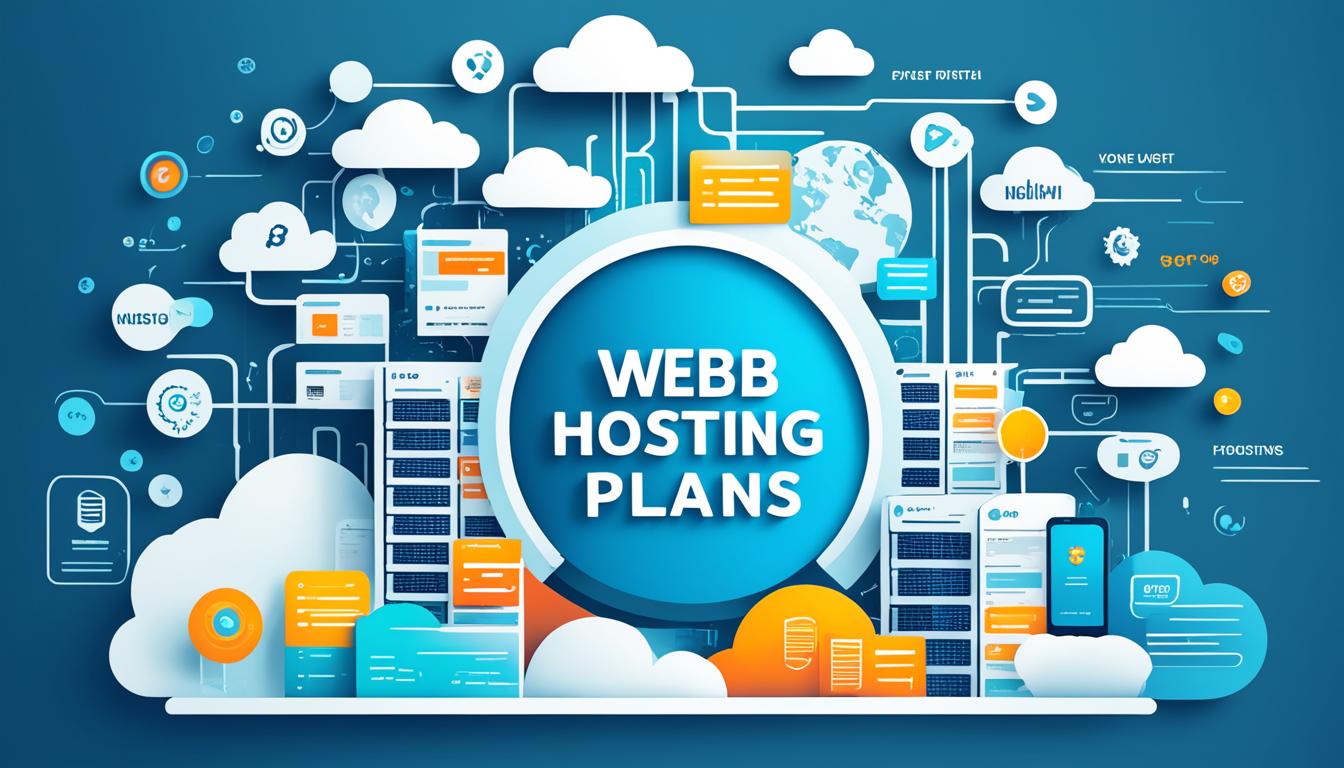Best Hosting Platforms for Small and Medium-Sized Websites
In today’s digital landscape, having an online presence is essential for businesses of all sizes. However, choosing the right hosting platform can be a daunting task, especially for small and medium-sized websites. The right hosting service not only ensures your website runs smoothly but also impacts performance, security, and user experience. This article explores some of the best hosting platforms tailored for small and medium-sized websites, examining their features, benefits, and potential drawbacks.
1. Bluehost
Overview
Bluehost is one of the most popular hosting providers and is officially recommended by WordPress. It’s known for its excellent customer service and user-friendly interface, making it a favorite among beginners.
Features
- One-Click WordPress Installation: Simplifies the process of setting up a WordPress site.
- Free Domain for the First Year: Helps users save on initial costs.
- 24/7 Support: Provides assistance via chat, email, or phone.
Advantages
- Affordable Plans: Starting at just a few dollars a month, Bluehost offers competitive pricing.
- Great Uptime: With a track record of 99.9% uptime, your website remains accessible most of the time.
- User-Friendly Dashboard: Even those without technical knowledge can navigate the interface easily.
Disadvantages
- Renewal Rates: Prices can increase significantly upon renewal.
- Limited Backup Options: While backups are available, they are not as robust as some competitors.
2. SiteGround
Overview
SiteGround is another highly recommended hosting platform, especially for WordPress users. It stands out for its superior customer support and performance.
Features
- Managed WordPress Hosting: Includes automatic updates and enhanced security features.
- Free Daily Backups: Ensures your data is safe and easily recoverable.
- Advanced Security Features: Provides proactive security measures to protect websites.
Advantages
- Exceptional Customer Support: SiteGround is renowned for its knowledgeable support team, available 24/7.
- High Performance: Offers fast loading times and excellent uptime, making it suitable for performance-focused sites.
- Scalability: Plans can easily be upgraded as your website grows.
Disadvantages
- Higher Price: Plans are more expensive compared to some budget options.
- Limited Storage: The lower-tier plans have restricted storage, which may not be suitable for media-heavy websites.
3. A2 Hosting
Overview
A2 Hosting is known for its speed and performance, catering to small and medium-sized businesses looking for a reliable hosting solution.
Features
- Turbo Servers: A2’s Turbo plans promise 20x faster page loads.
- Free Site Migration: Makes transitioning from another host easier.
- Anytime Money-Back Guarantee: Provides peace of mind for users who may not be satisfied with the service.
Advantages
- High Speed: A2 Hosting is optimized for speed, which is crucial for user experience and SEO.
- Flexible Plans: Offers various hosting types, including shared, VPS, and dedicated hosting.
- Developer-Friendly: Provides features like SSH access and support for multiple programming languages.
Disadvantages
- Complex Pricing Structure: The best performance features come at a higher cost.
- User Interface: Some users find the control panel less intuitive compared to other hosts.
4. HostGator
Overview
HostGator is known for its budget-friendly hosting plans and is suitable for small businesses looking for an affordable entry into the online world.
Features
- Unlimited Bandwidth: Suitable for websites expecting moderate to high traffic.
- One-Click Installs: Simplifies setting up popular applications like WordPress.
- 24/7 Customer Support: Available via live chat and phone.
Advantages
- Affordability: HostGator is one of the most affordable options available, especially for startups.
- Flexible Billing Periods: Offers monthly, yearly, and multi-year plans, providing options to fit different needs.
- Money-Back Guarantee: Provides a 45-day money-back guarantee for risk-free sign-up.
Disadvantages
- Variable Performance: Some users report inconsistent uptime and loading speeds.
- Aggressive Upselling: Users may encounter upselling tactics when signing up for additional services.
5. DreamHost
Overview
DreamHost is a veteran in the hosting industry, known for its commitment to customer satisfaction and robust hosting options.
Features
- WordPress-Optimized Hosting: Designed specifically for WordPress users with features to enhance performance.
- Unlimited Bandwidth and Storage: Great for growing websites without the worry of running out of space.
- Monthly Billing Options: Provides flexibility with month-to-month plans.
Advantages
- Strong Privacy Policies: Offers free WHOIS privacy for domains, keeping your information secure.
- Excellent Customer Support: Highly rated for their support and resources.
- User-Friendly: Simple setup process and intuitive dashboard.
Disadvantages
- Longer Refund Policy: The 97-day money-back guarantee is longer than most, but it can be a drawback for those who prefer immediate satisfaction.
- Limited Data Centers: Fewer locations compared to some competitors, which could impact loading times for global audiences.
Conclusion
Choosing the right hosting platform is crucial for the success of your small or medium-sized website. Each hosting provider has its unique features, advantages, and drawbacks. Bluehost and SiteGround are excellent for those seeking user-friendly interfaces and reliable support, while A2 Hosting appeals to those focused on speed. HostGator is a budget-friendly option, and DreamHost offers strong privacy and customer satisfaction.
Assessing your specific needs—such as budget, expected traffic, and technical requirements—will guide you to the best hosting solution for your website. Investing in the right hosting platform can significantly impact your website’s performance and user experience, ultimately contributing to your online success.







